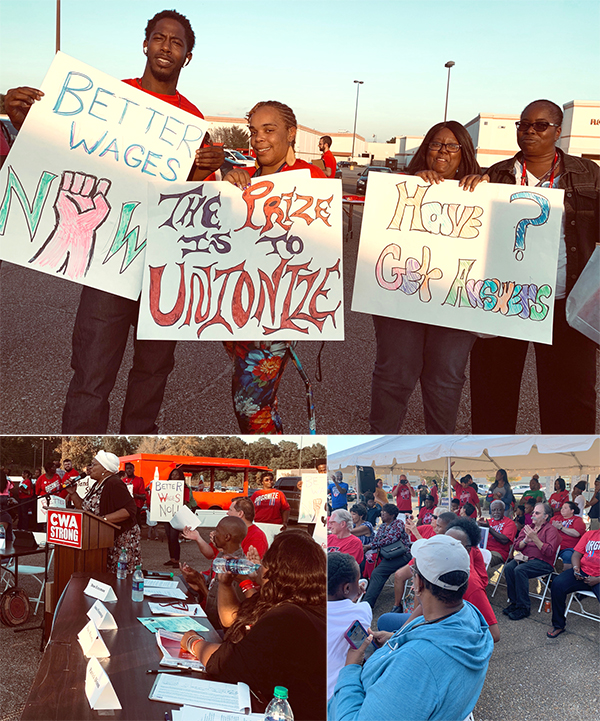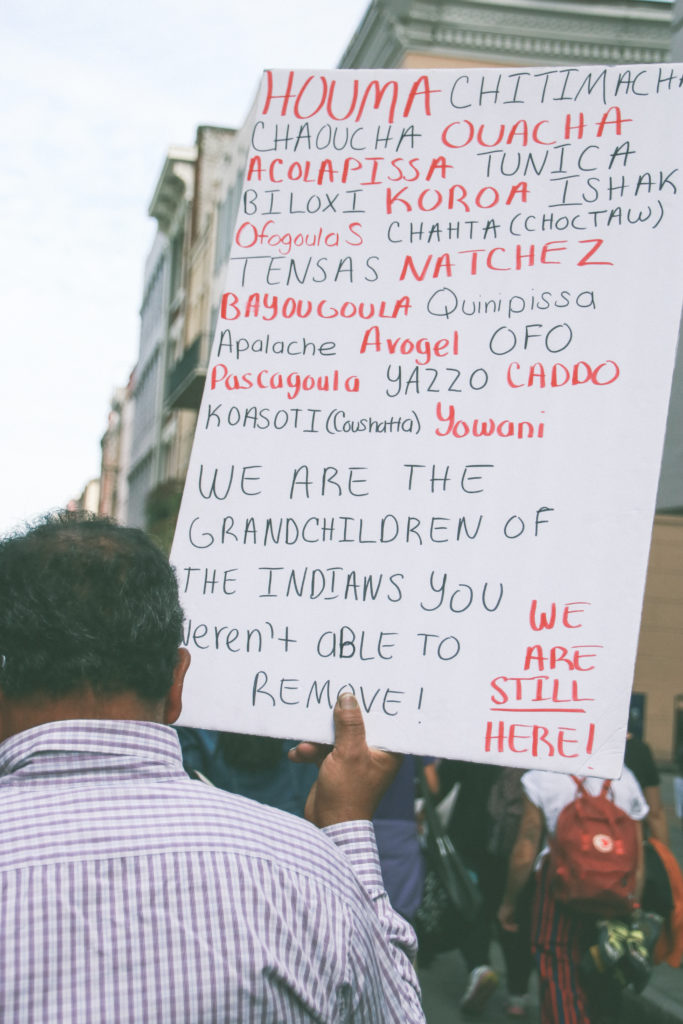
Less than two months ago, teachers and other school employees in East Baton Rouge demonstrated that when they organize themselves and their community, they can use their collective power to hold thieving corporations to account.
Members of two teachers unions, the Louisiana Association of Educators and the East Baton Rouge Federation of Teaches, as well as members of a Service Employees local and the East Baton Rouge Bus Operators Association came together under the auspices of a local faith, labor, and community coalition called Together Baton Rouge to study, discuss, and strategize around the issue of corporate theft of tax dollars.
Louisiana, pays out in one year as much as $200 million more in tax credits and rebates that it collects in corporate taxes. In 2016, the state granted ExxonMobil over $70 million in property tax exemptions alone.
Meanwhile, teachers haven’t received an across-the-board raise since 2008 and lack for basic classroom resources. “People don’t have have what they need to have to do their jobs,” said Gretchen Lampe of the Louisiana Association of Educators.
As a routine measure, ExxonMobil expected to submit a request for a $6.5 million property exemption at the Oct. 31 meeting of the Board of Commerce and Industry. Teachers and school staff decided to act. On October 23 they almost unanimously (445-6) voted to stage a one-day walkout the following week. Teachers planned to pack the hearing to protest ExxonMobil’s requests.
Within hours of the union vote, the company had withdrawn its bids for exemptions and the walkout was postponed “permanently, if the exemption requests do not return; temporarily, if they are placed on a subsequent agenda,” according the members of Support Our Educators Coalition. “If these after-the-fact exemption requests do return, so will our fierce opposition to their approval, along with our commitment to assure that public school funds are used for the purpose for which they were intended… for the education of the children of our community.”



